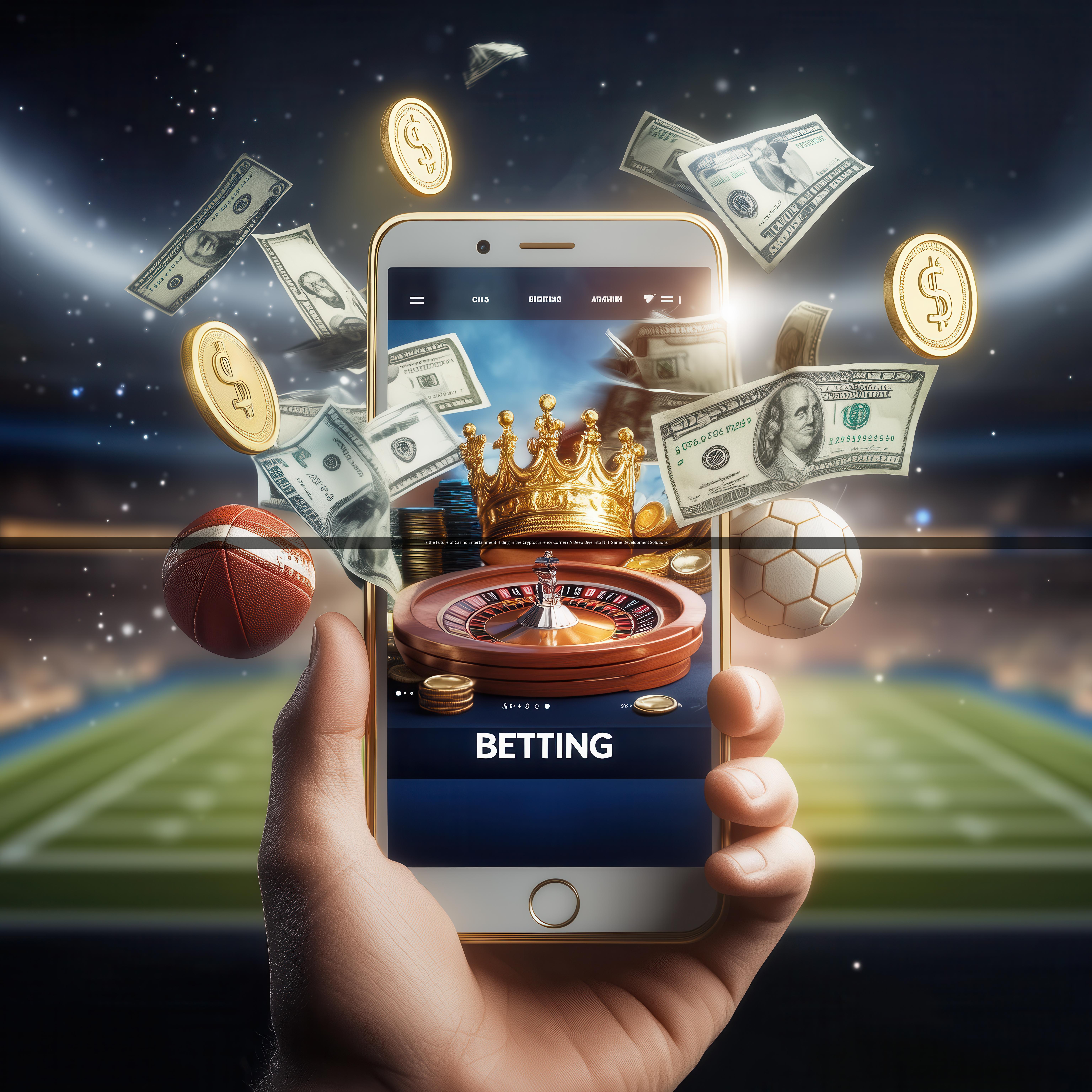
Table of Contents
1. The Evolution of Casino Entertainment
2. The Rise of NFTs in the Gaming Industry
3. Understanding NFT Game Development Solutions
- Blockchain Integration
- Unique Digital Assets
- Player Engagement and Monetization
4. The Intersection of Casinos and NFT Games
- Immersive Virtual Casinos
- Ownership and Transferability
- The Role of AI and AR
5. Case Studies: Successful NFT Casino Games
6. Challenges and Future Prospects
7. Interactive Q&A Session
---
1. The Evolution of Casino Entertainment
From the bustling streets of Monte Carlo to the virtual lobbies of online casinos, the world of gambling has always been a blend of excitement and intrigue. However, the traditional casino experience is slowly being reshaped by the digital revolution. Enter the world of NFTs, where the line between virtual and real-world assets is becoming increasingly blurred.
2. The Rise of NFTs in the Gaming Industry
Non-Fungible Tokens (NFTs) have taken the digital world by storm, offering a new way to own, trade, and monetize digital assets. Unlike cryptocurrencies, which are fungible and can be exchanged on a one-to-one basis, NFTs are unique and cannot be replicated. This has opened up a new frontier for game developers, allowing them to create experiences that are as unique as the players themselves.
3. Understanding NFT Game Development Solutions
Blockchain Integration
At the heart of NFT game development solutions lies blockchain technology. This decentralized ledger ensures that all transactions are secure, transparent, and immutable. By leveraging blockchain, developers can create games where players truly own their in-game assets, free from the whims of game developers or publishers.
Unique Digital Assets
NFTs enable the creation of unique digital assets that can be collected, traded, and even sold. Imagine a virtual poker game where each deck of cards is an NFT, or a slot machine that rewards players with exclusive digital art pieces. The possibilities are endless, and the value of these assets can soar as demand increases.
Player Engagement and Monetization
NFT games offer a new level of engagement for players. The idea of owning a piece of the game itself, or even a part of the virtual world, is a powerful motivator. Moreover, with NFTs, players can monetize their in-game assets by selling them on secondary markets, providing a new revenue stream for both players and developers.
4. The Intersection of Casinos and NFT Games
Immersive Virtual Casinos
The fusion of NFTs and casinos is creating immersive virtual environments that blur the lines between the physical and digital worlds. Players can step into a virtual casino, play their favorite games, and own the digital assets they accumulate. The experience is not just about winning money but about owning a piece of the gaming universe.
Ownership and Transferability
One of the most compelling aspects of NFT games is the concept of ownership and transferability. Players can truly own their digital assets, and the ability to trade them on secondary markets adds a layer of excitement and value. This is a stark contrast to traditional casino games, where the assets are ephemeral and owned by the house.
The Role of AI and AR
Artificial Intelligence (AI) and Augmented Reality (AR) are set to play a significant role in the future of NFT casino games. Imagine a virtual casino where AI dealers offer personalized experiences, and AR allows players to interact with the game in a more immersive way. The potential is vast, and the technology is rapidly evolving.
5. Case Studies: Successful NFT Casino Games
CryptoKitties
One of the earliest and most successful NFT games is CryptoKitties. Players can collect, breed, and trade unique digital cats, each with its own set of characteristics. The game has sparked a revolution in the digital collectibles market and has paved the way for other NFT casino games.
The Sandbox
The Sandbox is a virtual world where players can create, experience, and monetize their own digital assets. The platform has partnered with various casinos to offer NFT-powered games, allowing players to own a piece of the virtual world and potentially profit from it.
6. Challenges and Future Prospects
While the future of NFT casino games is bright, there are challenges to overcome. Regulatory hurdles, security concerns, and the need for widespread adoption are just a few of the obstacles that developers and players must navigate. However, as the technology matures and regulations become clearer, the potential for innovation is immense.
7. Interactive Q&A Session
Q1: How do NFTs add value to casino games?
A1: NFTs add value by providing players with unique, ownership-driven experiences. They allow for the creation of digital assets that can be traded, collected, and monetized, offering a new level of engagement and value beyond traditional casino games.
Q2: Can NFTs be used to prevent cheating in online casinos?
A2: Yes, NFTs can be used to prevent cheating. By using blockchain technology, NFTs ensure that all transactions are secure and transparent, making it nearly impossible for players to manipulate the game or its assets.
Q3: Are NFT games more profitable for developers than traditional casino games?
A3: The profitability of NFT games depends on various factors, including the game's design, player engagement, and the market demand for digital assets. While there is potential for high profitability, it also requires careful planning and execution.
Q4: How do NFTs impact the traditional gambling industry?
A4: NFTs are disrupting the traditional gambling industry by introducing new business models and revenue streams. They are encouraging innovation and are likely to change the way people perceive and engage with gambling.
Q5: What is the future of NFT casino games?
A5: The future of NFT casino games is bright, with potential for significant growth and innovation. As the technology matures and regulations become clearer, we can expect to see more immersive, engaging, and profitable NFT casino games.